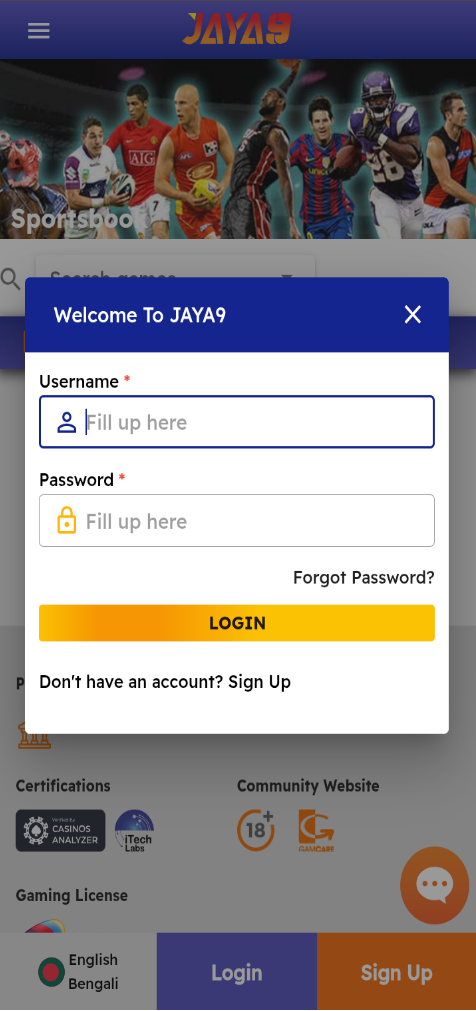How Students in Bangladesh Use Digital Tools for Learning

How Students in Bangladesh Use Digital Tools for Learning
In recent years, the educational landscape in Bangladesh has seen a significant transformation, primarily driven by the increasing availability of digital tools and internet connectivity. Students in Bangladesh are now leveraging various online platforms and resources to enhance their learning experiences. One of the platforms contributing to this change is How Students in Bangladesh Use Casino Apps joya9, which provides a range of educational services tailored to students’ needs. This article explores how students in Bangladesh utilize these digital tools for academic success.
The Rise of Digital Learning in Bangladesh
The digital revolution has reached the shores of Bangladesh, making education more accessible than ever before. With the proliferation of smartphones and affordable internet plans, students from diverse backgrounds can now engage with educational content online. According to recent studies, the number of internet users in Bangladesh has skyrocketed, with a significant portion being young learners. This shift has paved the way for new educational paradigms that rely heavily on technology.
Online Learning Platforms
Various online learning platforms have emerged to cater to the needs of students. Platforms such as Joya9, Coursera, and local initiatives provide a variety of courses ranging from traditional subjects like mathematics and science to skills like coding and graphic design. Students can access lectures, quizzes, and assignments at their convenience, allowing them to learn at their own pace.
Additionally, many schools and universities are now integrating online learning into their curricula. This blended learning approach combines traditional face-to-face instruction with online learning, creating a more flexible and comprehensive educational experience.
Access to Resources
One of the major advantages of digital tools is the vast array of resources available to students. E-books, research articles, online libraries, and educational videos are just a few examples of the wealth of information students can access. In a country like Bangladesh, where physical resources may be limited in rural areas, digital resources serve as a critical supplement to traditional educational materials.
Furthermore, students can engage with global content, broadening their perspectives and understanding of various subjects. This access not only enriches their learning experience but also fosters a culture of self-directed learning.
Collaborative Learning
Digital tools also facilitate collaboration among students. Online forums, social media groups, and collaborative platforms such as Google Classroom enable students to work together on projects, share notes, and discuss ideas regardless of their geographical location. This collaborative spirit enhances the educational experience, encouraging peer learning and support.

Additionally, students can connect with mentors and experts in their fields of interest through various online platforms, further enriching their learning experiences. These interactions often transcend local boundaries, exposing students to new ideas and approaches.
Challenges and Barriers
Despite the numerous benefits, the integration of digital tools in education is not without challenges. One of the primary barriers is the digital divide: while many urban students have easy access to technology, rural students often lack the necessary devices or reliable internet connectivity. This disparity can lead to significant gaps in learning opportunities.
Moreover, the overreliance on digital tools can also lead to distractions. Many students struggle with managing their time effectively when faced with the plethora of content available online. Thus, it’s essential for educators and parents to guide students in finding a balance between digital learning and offline study.
The Role of Educators
Teachers play a crucial role in this digital transformation. They must adapt their teaching methods to incorporate digital tools effectively. Professional development programs focused on digital literacy and integrating technology in the classroom can empower teachers to facilitate online and blended learning successfully.
Educators can create engaging and interactive learning environments by utilizing digital resources, whether through online quizzes, interactive presentations, or virtual discussions. By embracing technology, teachers can enhance student engagement and motivation.
The Future of Education in Bangladesh
Looking ahead, the future of education in Bangladesh appears promising, thanks to the integration of digital tools. As technology continues to evolve, so will the methods by which students learn and educators teach. The government’s initiatives to expand internet access and improve digital literacy among both students and teachers will be pivotal in shaping this future.
Moreover, ongoing collaborations between local and international organizations can further support the development of innovative educational solutions tailored to the unique needs of Bangladeshi students. By continually assessing and addressing the challenges posed by digital education, stakeholders can ensure that all students have the opportunity to succeed in an increasingly digital world.
Conclusion
The educational landscape in Bangladesh is undergoing a significant transformation as students embrace digital tools for learning. Platforms like Joya9, along with various online resources, offer students unprecedented access to information and learning opportunities. While challenges such as the digital divide remain, the potential for enhanced learning experiences through technology is immense. With the right support and resources, students in Bangladesh can harness the power of digital tools to achieve academic success and prepare for a future shaped by technology.






دیدگاه خود را بیان کنید